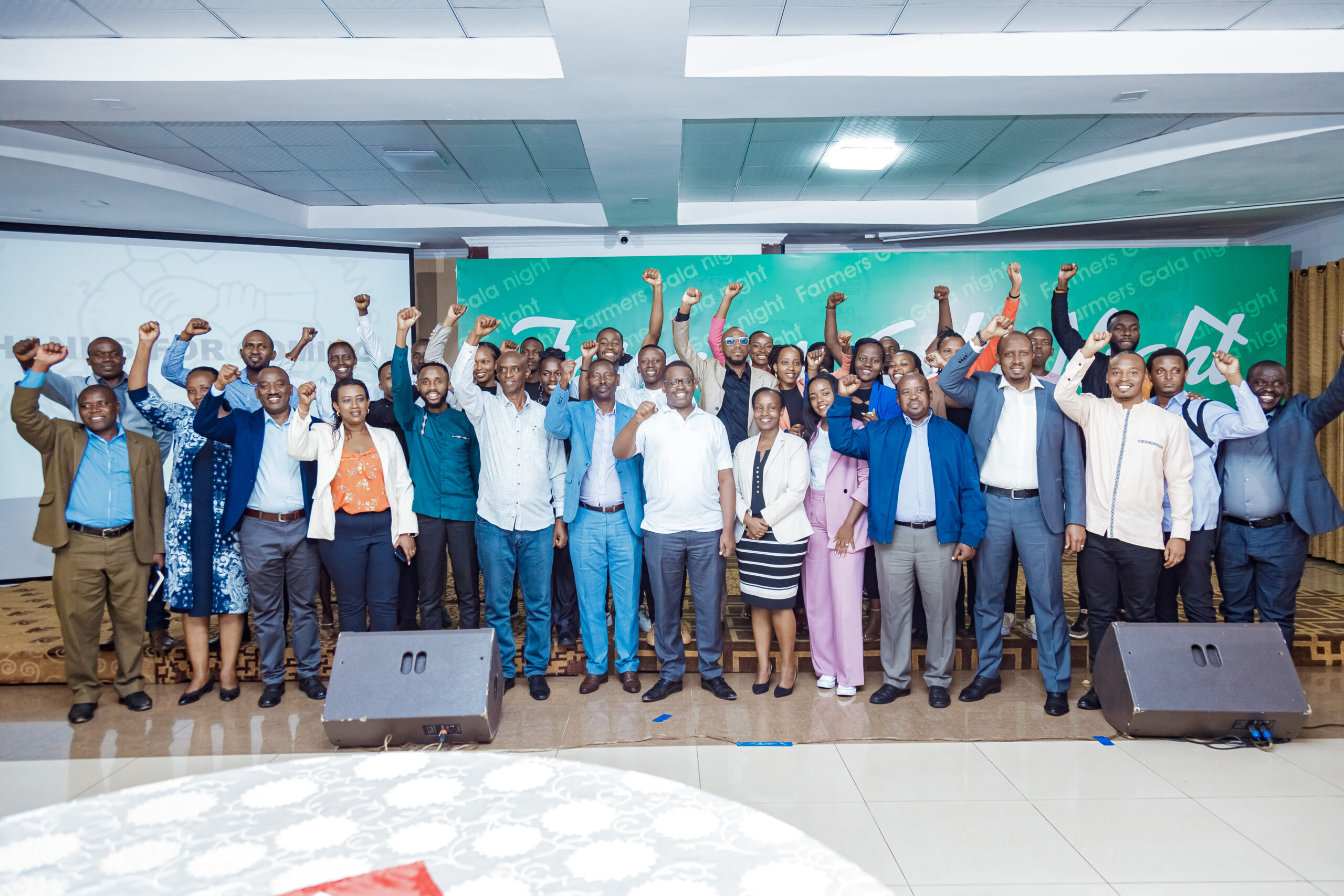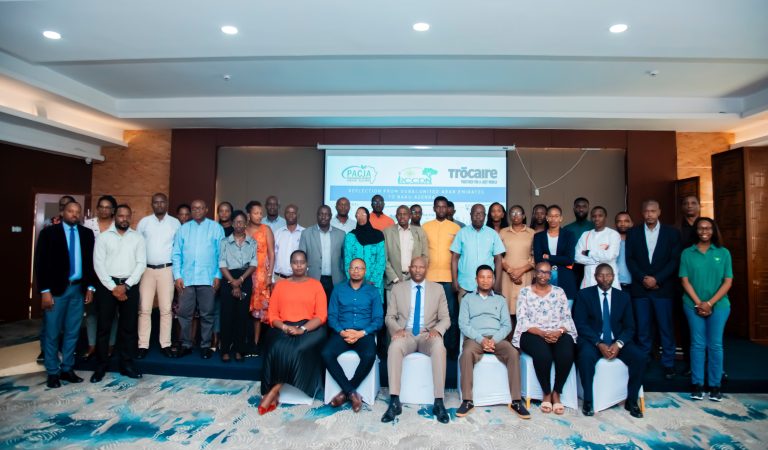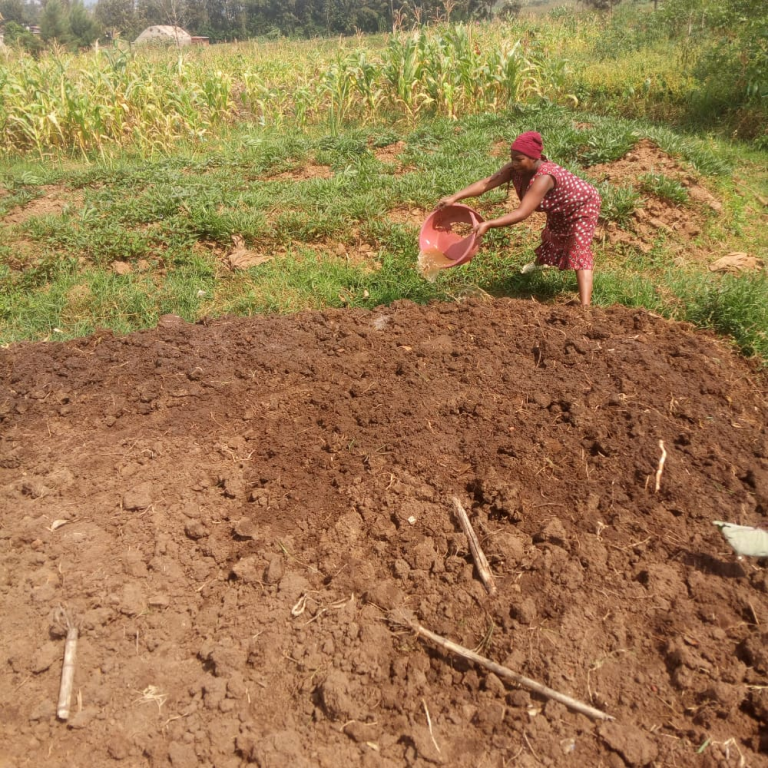Amidst the onset of agriculture season A, with the challenging climate change, farmers find themselves grappling with surging prices of maize seeds, despite the Rwandan government’s efforts to provide subsidies amounting to Rwf37.7 billion for seeds and fertilizers. This increase in seed prices is causing concern among farmers, even as a significant portion of the seeds are being produced locally.
In the first quarter of 2023, over 8,000 tonnes of seeds were produced within the country, including 6,800 tonnes of maize seeds. This marks a significant shift from the pre-2018 period when Rwanda had to import around 3,000 tons of hybrid maize seed, 800 tons of wheat, and 700 tons of soybean annually to meet domestic demand.
The gala night was blessed by The Youth Climate Action Initiative (YCAI) which is doing an amazing job in regard to showcasing what needs to be done in ensuring climate justice via some drama plays, dances, poems and many more creative ways.


Diving into the topic, according to Evariste Tugirinshuti, the president of Rwanda Maize Farmer Cooperatives’ Federation, “The price per kilogram of certain maize variety seeds increased by Rwf350, and others by Rwf250. However, the price per kilogram of fertilizers decreased by Rwf106.”
To know more on this Gala Night Click here to watch the entire event.
Jean Claude Hakizimana, a farmer and seed multiplier from the Nyabihu District, emphasized the need for additional measures to make seed prices more affordable for smallholder farmers. He expressed concern saying, “The hike in seed prices is a challenge to many smallholder farmers. We buy seeds at high prices and sell the harvest at lower prices. That means a loss to farmers. Although maize seeds are locally produced, the price has increased. We need prices to decrease.”

For the ongoing farming season A, seed prices vary between Rwf650 and Rwf1,000, contingent on the seed variety. Officials attributed the increase in seed prices to the overall rise in food crop prices and a decline in production, largely influenced by the impact of climate change. Poor harvests during the previous season resulted from delayed rainfall in some regions and premature cessation of rainfall in others.
Additionally, certain areas experienced detrimental flooding, negatively affecting crop yields. Dry spells in agricultural season A affected approximately 80,000 hectares of bean crop farms across the country.
Addressing the issue during the Gala Night of Farmers’ Day Celebration, Eugene Rwibasira, the Executive Secretary of Rwanda Development Organization (RDO), called for an increase in the number of seed multipliers through public-private partnerships to tackle the high cost of seeds. “Researchers, farmers, and the private sector should collaborate to produce affordable seeds. As the number of seed multipliers grows, the prices will become more accessible. Our aim is to increase maize production to 10 tonnes per hectare, ensuring food security while supplying the surplus to the market,” he asserted.

Olivier Kamana, the permanent secretary at the Ministry of Agriculture and Animal Resources, reaffirmed the government’s commitment to subsidizing seed costs. In the current farming season, the government extended subsidies to cover maize, soybean, and wheat seeds. Kamana urged farmers to work with certified seed multipliers and emphasized the need for strengthened partnerships, “We have certified seed multipliers and we urge farmers to work with them. We have to strengthen partnerships so that the number of seed multipliers increases to enable a reduction in improved seed prices.”
As Rwanda’s farmers face the challenge of rising maize seed prices, compounded by the effects of climate change on crop production, collaborative efforts between the government, researchers, and private entities are crucial to ensure the availability of affordable seeds and bolster food security in the nation.




